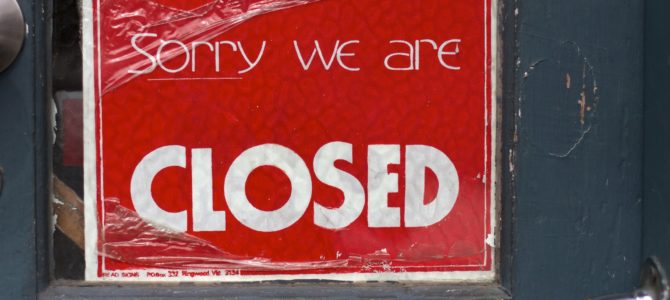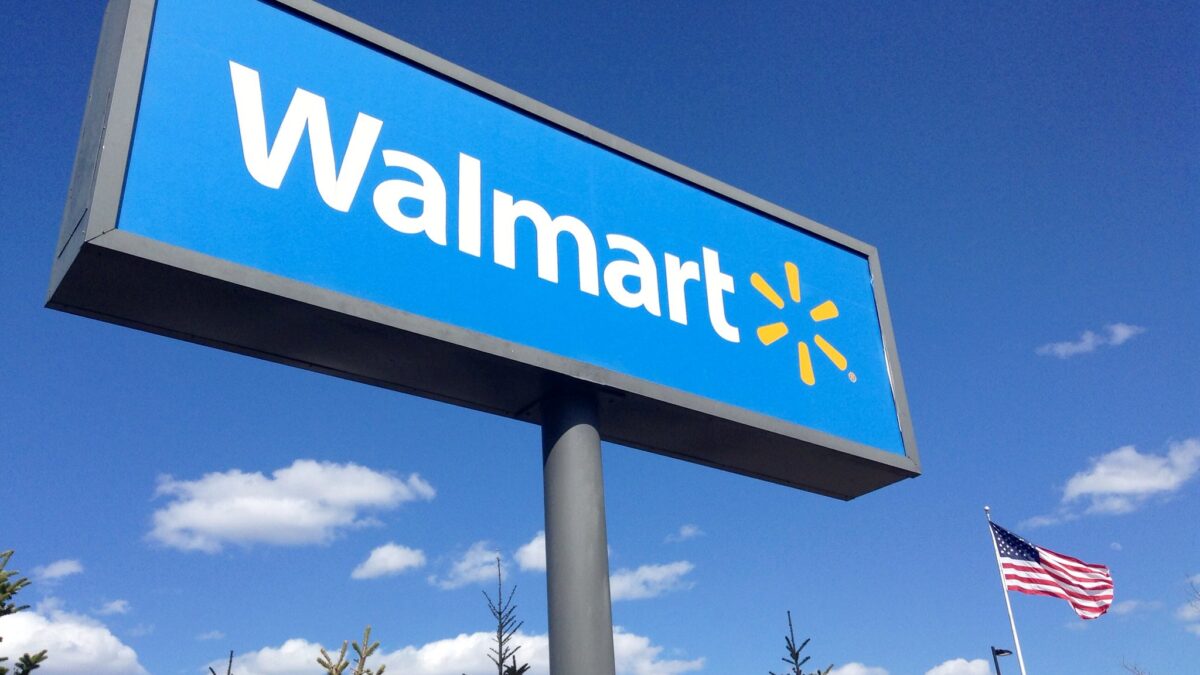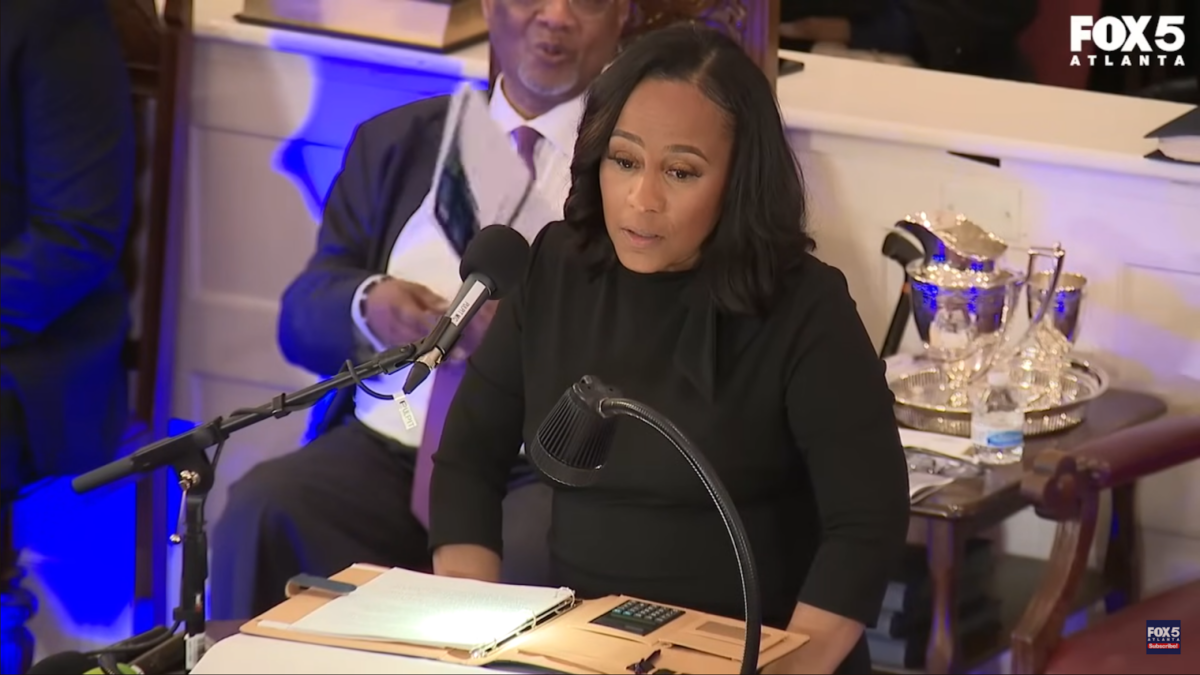More than 100,000 small businesses have permanently shuttered within just two months as pandemic lockdowns devastated the nation’s economy landing 36 million Americans out of work, according to a new survey this week.
A team of researchers at the University of Illinois, Harvard University, Harvard Business School and University of Chicago discovered at least 2 percent of the nation’s small businesses are now gone after conducting a representative survey of more than 5,800 enterprises between May 9-11.
“The broad conclusion of our research is that a lot of small businesses which make up a big share of U.S. employment have daily limited resources and are under a fair amount of financial distress,” said Illinois economist Alexander Bartik who co-authored the study.
Limited cash and limited time for conditions to change, Bartik told The Federalist, could drive up that number significantly in the days to come. The team of economists found that the median small business with expenses exceeding $10,000 a month had only enough resources to stay afloat for two weeks. About 75 percent of those surveyed, said they didn’t have the resources to last more than two months.
The researchers’ findings line largely consistent with a March poll by the U.S. Chamber of
Commerce with MetLife showing one in four small businesses were preparing for permanent closure within about eight weeks absent of reopenings or new federal relief. Even after Congress replenished the depleted small business forgivable loan fund in the Payment Protection Program (PPP), complicated and cumbersome requirements to qualify for loan forgiveness made securing federal relief impractical.
On top of a wide array of tedious conditions to avoid having to pay back the low-interest loans, businesses became forced to compete with beefed up federal unemployment insurance with a flat $600 a week on top of state benefits that offer furloughed workers more money than full-time employment. Businesses under the PPP are required to rehire laid off staff resistant to remain eligible for loan forgiveness putting employers in a tough spot that need to bring back workers but don’t want to cut their pay.
“On what planet am I competing with unemployment?” Washington salon owner Jamie Black-Lewis told CNBC upon facing outraged employees upset at her securing the government loan.
A team of economists at the Heritage Foundation estimate that the ramped up benefits with radically expanded eligibility rules making it easier to qualify have pushed unemployment up by nearly 14 million as they incentivize staff to remain directly dependent on the government handout.
Tom Sullivan, the vice president of small business policy at the U.S. Chamber of Commerce, told The Federalist he believes the increased emergency benefits have instead saved many who have applied for relief from overwhelmed state unemployment offices.
Sullivan estimates that the outlook for small businesses is likely to get worse before it gets better without a dramatic change in circumstances of new aid from the government.
“There is a recognition that more funding is necessary,” Sullivan said as limited reopenings have dramatically altered the landscape for how businesses are operating. Those in the hospitality industry in particular will be open with limited capacity, unable to cater to the same number of guests who had previously flocked to their services. “It’s better to be reopened, but it’s not just reopening with the same expenses you had in 2019. There’s going to be more expenses.”
Senate Republican Majority Leader Mitch McConnell of Kentucky said Thursday there is a “high likelihood” that congressional lawmakers will be passing a fourth round of pandemic stimulus on top of the nearly $3 trillion already spent, but rejected the House Democrats’ $3 trillion bill proposed Wednesday more as a “liberal wish list.”
The U.S. Chamber of Commerce has released a four-page guide to help small businesses navigate reopening.









